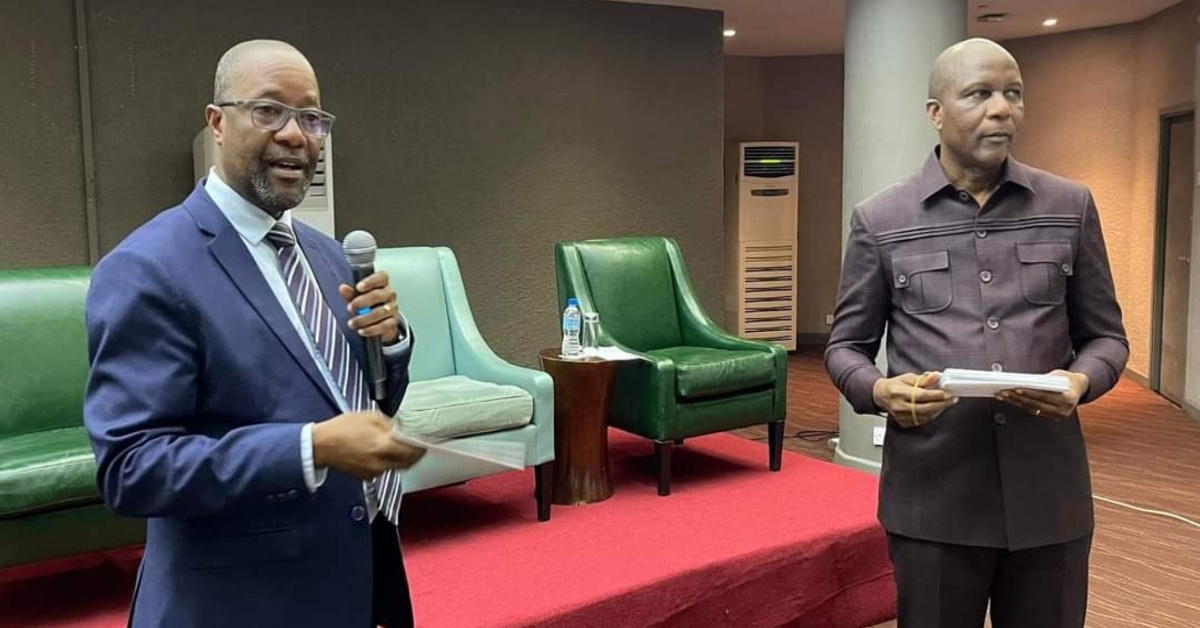The National Social Security and Insurance Trust (NASSIT) and the Ministry of Employment, Labour, and Social Security (MELSS) convened a crucial meeting on Thursday, July 15, 2024.
The event, held at the Radisson Blu Hotel in Aberdeen, Freetown, brought together representatives from some of the most indebted sub-vented institutions, including the National Commission for Social Action (NaCSA), Sierratel, the Sierra Leone Port Authority, National Commission for the Control of AIDS (NatCA), the National Leprosy and Tuberculosis Programme, and the College of Theology, among others.
During the engagement, Minister of Employment, Labour, and Social Security, Mr. Mohamed Rahman Swaray, delivered a strong message to the representatives of these institutions. He stressed the urgency of addressing their outstanding debts to NASSIT, warning that failure to do so would lead to legal consequences. Mr. Swaray made it clear that the government would not offer any leniency in repayment terms, signaling a firm stance on financial accountability.
The Minister also took the opportunity to remind the institutions of the critical importance of understanding and adhering to the NASSIT Act. He urged all relevant parties to familiarize themselves with the provisions of the Act, which governs the operations and contributions to the national social security scheme. Highlighting the role of NASSIT contributions in ensuring social security for workers across the country, Mr. Swaray called on the institutions to prioritize their payments to avoid further complications.
Echoing the Minister’s sentiments, the Director General of NASSIT, Mr. Fuad, underscored the importance of social protection as a fundamental human right. He emphasized that NASSIT has the legal authority to take action against any institution that fails to meet its financial obligations. Mr. Fuad’s remarks reinforced the institution’s commitment to safeguarding the social security of Sierra Leonean workers and ensuring that defaulting institutions are held accountable.
The engagement was a pivotal moment in the ongoing efforts to secure financial responsibility from sub-vented institutions, many of which have accumulated significant debts to NASSIT over the years. The meeting served as a clear indication of the government’s determination to enforce the provisions of the NASSIT Act and ensure that all institutions comply with their legal obligations.


 Post a comment
Post a comment 








